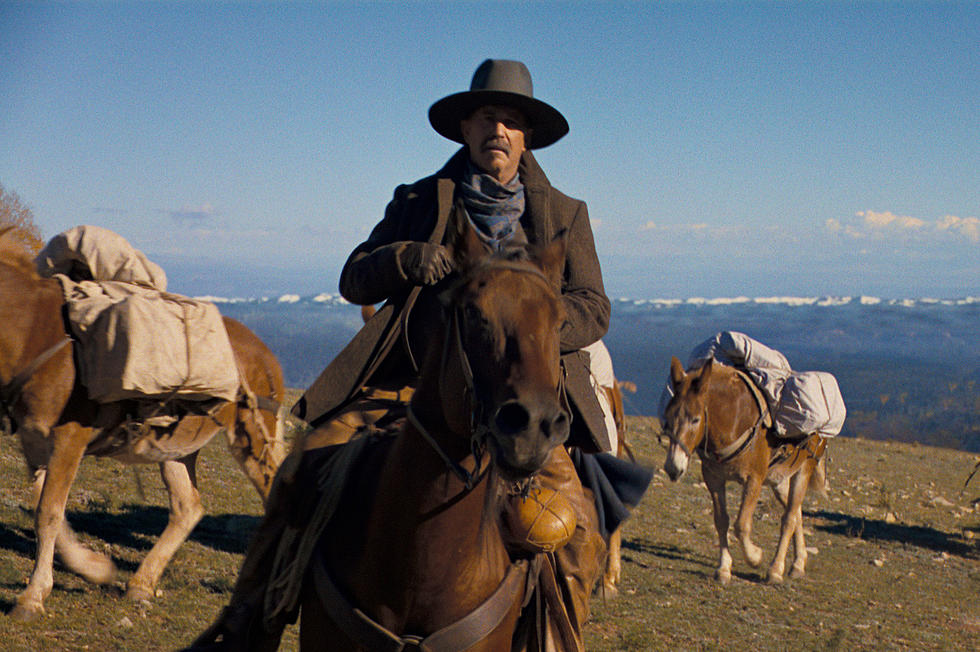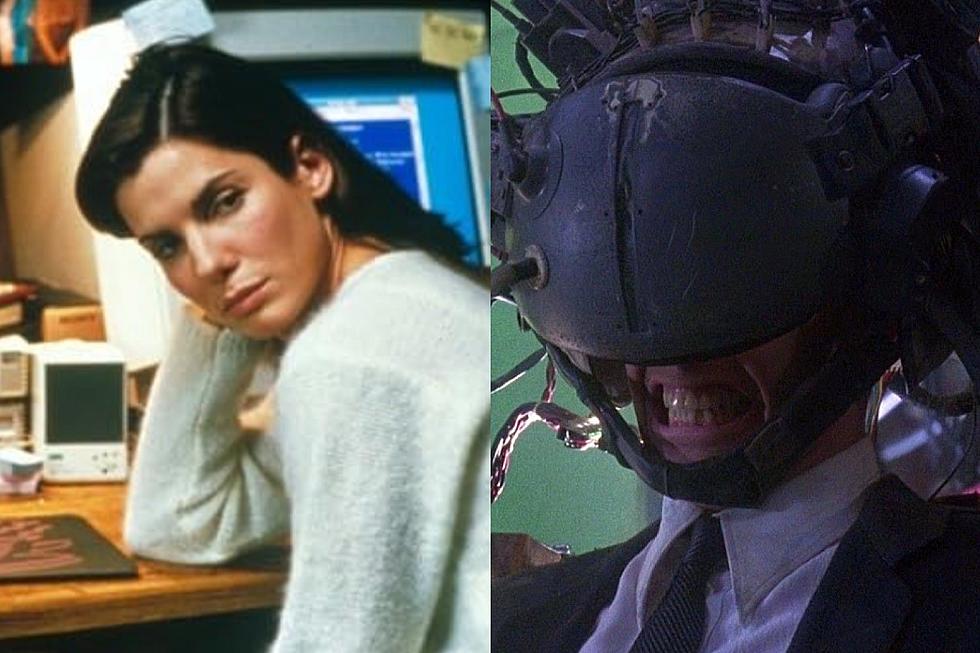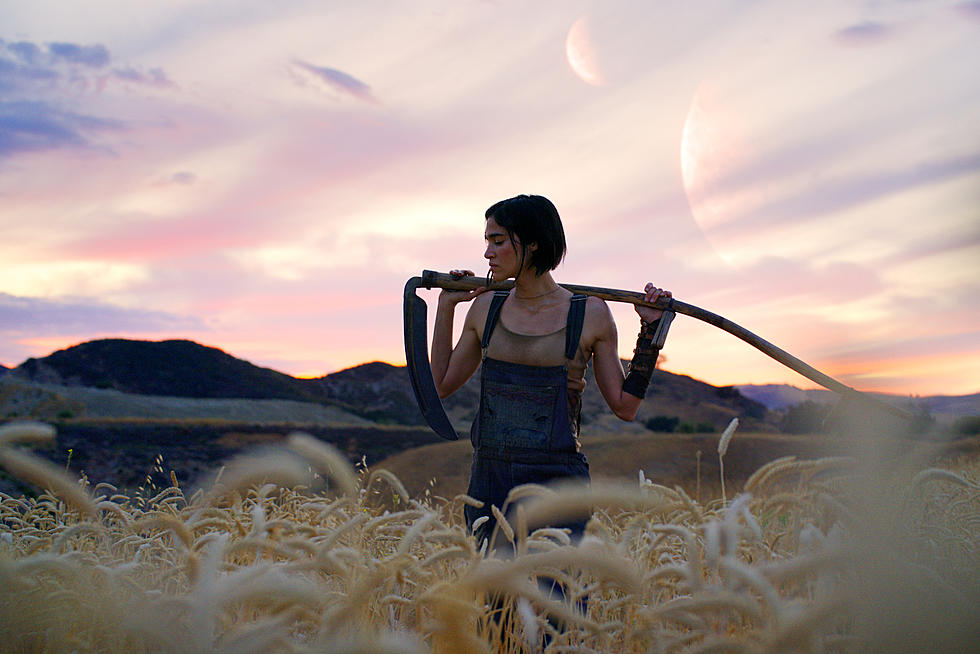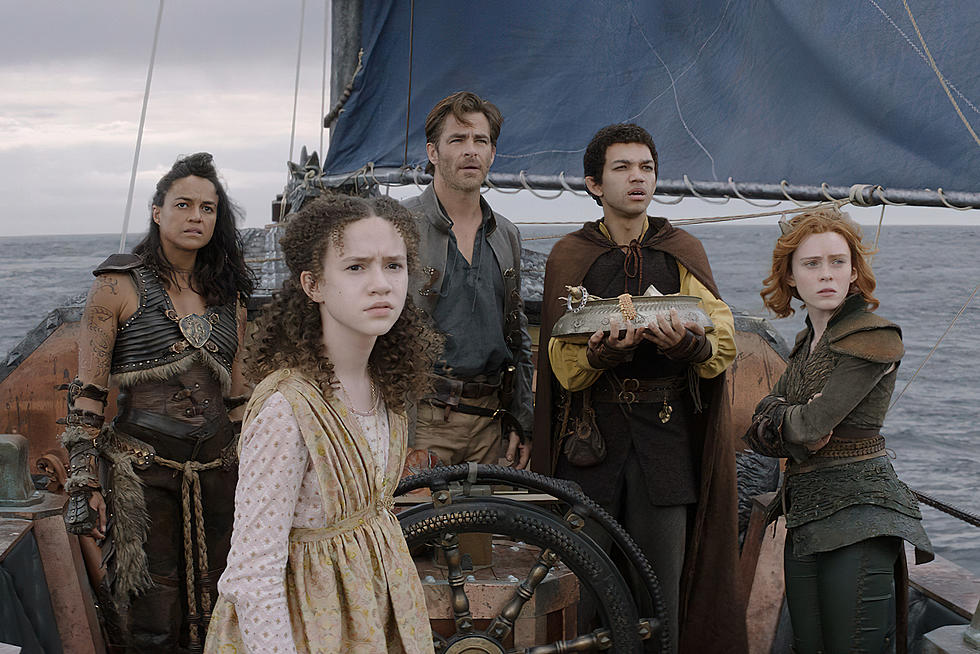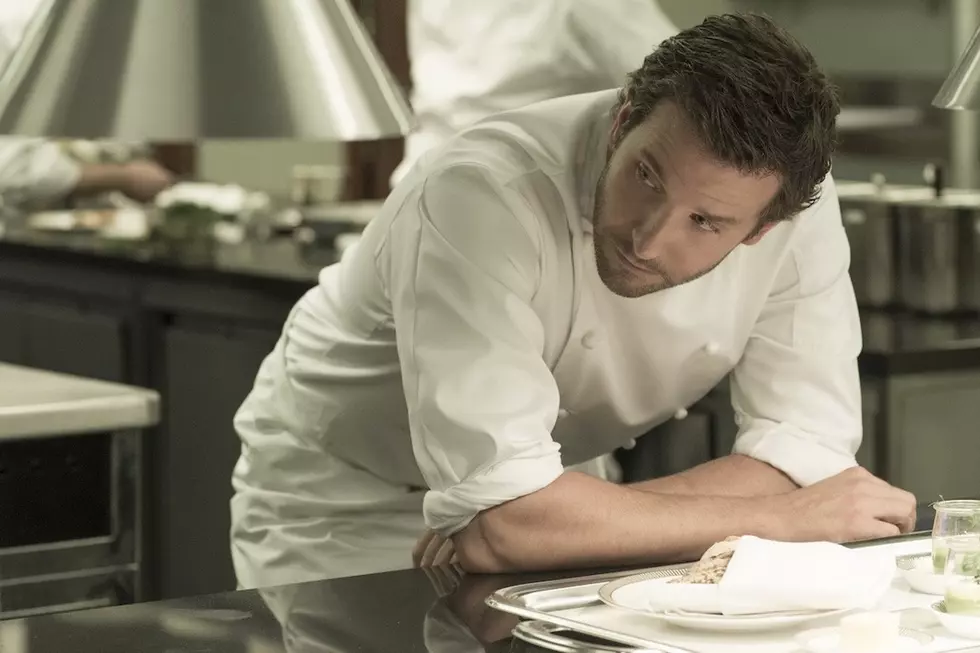
‘Burnt’ Review: YA BURNT, BRADLEY COOPER
There are lots of product placements that would make sense in a movie about the world of fine dining like Burnt.
Burger King is not one of them.
And yet there Burger King is, as the setting — and the subject! — of a key scene between master chef Adam Jones (Bradley Cooper) and the woman he plans to make his new protégé, Helene (Sienna Miller). Helene currently works as an unappreciated sous chef at a swanky London establishment; Adam wants to recruit her to join his team at the new restaurant he’s building. He chooses BK as the site of his sales pitch, which only makes Helene even more skeptical of Adam, a celebrity chef who flamed out — much like the delicious, flame-grilled A1 Ultimate Bacon Cheeseburger — three years earlier. Helene dismisses fast food as cheap, unhealthy junk, but Adam mounts a passionate, vigorous defense in favor of the King. It’s peasant food, he says, and not much different than the rustic recipes that form the backbone of classic French cuisine.
Adam’s trying to draw a line between haute cuisine and simple, everyday food, and it’s easy to perform a similar exercise with movies, where distinctions are commonly made between lofty foreign and independent releases screened in arthouses and the mainstream fare that dominates multiplexes. Which raises the question: Where does Burnt land on that continuum? Is it Le Bernadin’s tasting menu or an Extra Long Sriracha Cheeseburger with a side of chicken fries? Though it’s ambitions probably land somewhere closer to the former, Burnt’s execution places it a lot closer to the latter as a meat-and-potatoes redemption story cooked up from a familiar recipe: One part tortured, difficult genius, one part impossible dream, one part lingering specter of substance abuse, one part beautiful single mom willing to nurture our hero through every bump in his journey. Simmer, season, and serve.
The film, written by Steven Knight (Locke, Pawn Sacrifice) and directed by John Wells (The Company Men, longtime producer of ER), opens with Adam in New Orleans, where he’s serving a self-inflicted and self-described “penance” for crashing-and-burning out of the Parisian culinary scene three years earlier. His punishment: Shucking one million oysters (he even keeps a little book where he keeps track of every single one). After Adam serves his time, he returns to London, where he tries to make amends with his ex-co-workers and convince them to work for him again as he tries to achieve one of the rarest and most difficult feats in all of cooking: Three stars from the Michelin Guide, the planet’s foremost dispenser of restaurant reviews and high-quality tires.
He’ll need a lot of help to attain this perfect grade, which will be difficult because Adam burned (or burnt, in this case) many bridges on his spectacular, substance-fueled trip to the bottom — and even after a couple years of hard-fought sobriety, he’s still an arrogant jerk. Even with all that baggage and his bad attitude, his old compatriots find it hard to say no to Adam’s offer, mostly because if they did there’d be no movie. And so his former maître d' Tony (Daniel Brühl) lets him take over his family’s restaurant, and his old staff (including Omar Sy and Riccardo Scamarcio) all take up stations at his new digs, Adam Jones at the Langham. It’s up to Adam to prove he can keep his crew together — and his demons at bay — while cooking the best food of his life.
The food porn cinematography (by Adriano Goldman, with Epicurean stylings by Marcus Wareing) is suitably salivary, but it’s not like you can’t see sexy HD cookery shots any day or night on one of several cable channels. Generally speaking, Burnt struggles to find a unique angle on the culinary landscape. There are tons of documentaries and reality television series about the high-pressure world of fine dining, not to mention the self-destructive rock-and-roll lifestyles of chefs — many of which go into much greater depth and clarity about cooking techniques and philosophies. Burnt could separate itself from the pack with particularly dynamic characters, dialogue, or direction, but it doesn’t give enough time or attention to anyone around Adam — Uma Thurman and Alicia Vikander show up for a combined total of three scenes, and one subplot about the unrequited love between two members of the kitchen staff is so underplayed it’s not even clear until one character announces it onscreen. While a handful of moments stand out visually (including a Steadicam tour of the Adam Jones at the Langham kitchen in the midst of a chaotic dinner service), those are decidedly the exception not the rule.
Adam talks passionately with Helene about how cooking should be a means of personal expression, and film should work the same way. Burnt simply doesn’t; it’s tough to find the soul of Wells or Knight anywhere in here. Cooper looks as comfortable in Adam’s leather motorcycle jacket as in the kitchen (and he should; he previously starred in the Kitchen Confidential TV show, based on the book by Anthony Bourdain, a man who could have inspired the Adam Jones character) but there’s too much garnish and not enough meat to his performance. He screams at his staff and tosses plates around the kitchen and refuses to pay back some French drug dealers, but he never digs inside those actions to find the soul beneath the posturing. He — and really all of Burnt — looks good. But the emotional payoff of his journey back to the top is anything but a whopper.
More From ScreenCrush
